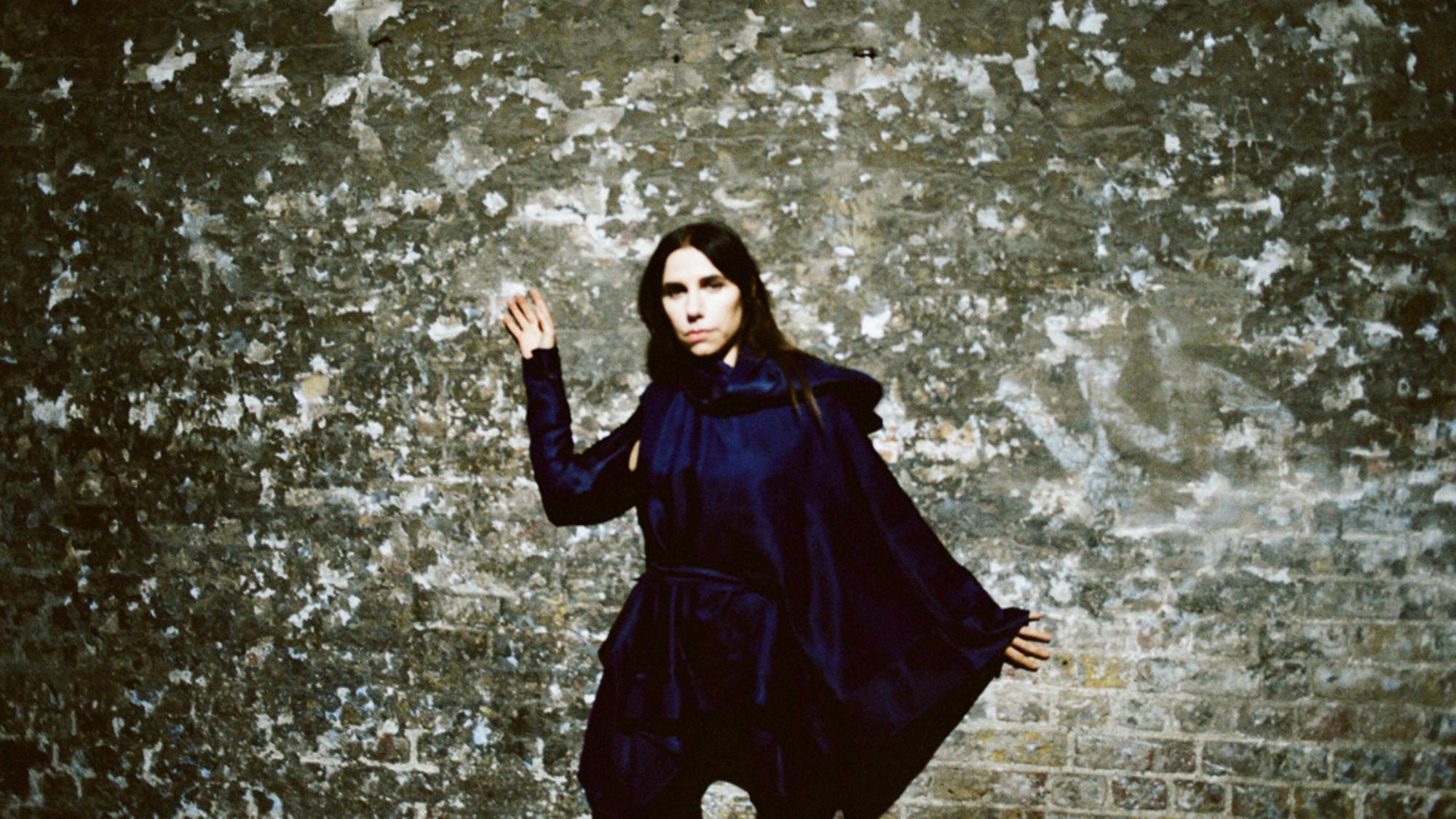Politicians have had a lot to say about PJ Harvey’s latest album The Hope Six Demolition Project. Lyrics describing a deprived district of Washington DC as a “drug town” and a “Highway to death and destruction” prompted the area’s former Mayor and Ward 7 council seat candidate Vincent Gray to respond, saying: “I will not dignify this inane composition with a response.” His campaign treasurer added, bizarrely, that “PJ Harvey is to music what Piers Morgan is to cable news.” PJ Harvey has stayed silent about the controversy — apart from the powerful lyrics themselves of course — until now.
In an incredibly rare interview — her first in years — Polly Jean has offered some explanation of why she chose to pair Washington DC with the war-stricken countries Afghanistan and Kosovo. Describing her travels with photographer and photojournalist Seamus Murphy, Harvey says, “The first country we went to was Kosovo, we also went to Afghanistan, and then we thought for a long time about another country to visit before we felt we’d finished a project, an album, and also actually a book — it became a book called The Hollow Of The Hand. We decided that Washington DC felt like the right place to go to tie up the ends.”
Asked why the US political capital was the right place, she tells the BBC’s Andrew Marr, “A lot of the decisions were made there that affected Afghanistan, affected Kosovo.” In her role as a writer, she says she was, “trying to look at the similarities that I could find, rather than the differences.”
“We ended up spending most of our time in a part of Washington DC called Anacostia, which is south of the river, a very poor part, a very run-down neighborhood,” Harvey explains. “I talked to a lot of the people there and we spent about a week on the streets talking to people, listening to what they had to say, and I just collected notes as a journalist might.” Indeed, the music video for “The Community of Hope” includes recordings of local people describing the realities of their area.
Asked whether she is as much of a journalist as a protest writer, PJ says, “I still call myself a songwriter, really. I gather information for songs, and the biggest drive in my life is to want to sing to people; that’s the way that I get across the things that interest me and the things that concern me.” The brief interview ends with a compelling performance of “The Community of Hope.” Watch the full segment below.
Credits
Text Charlotte Gush
Photography Maria Mochinacz
